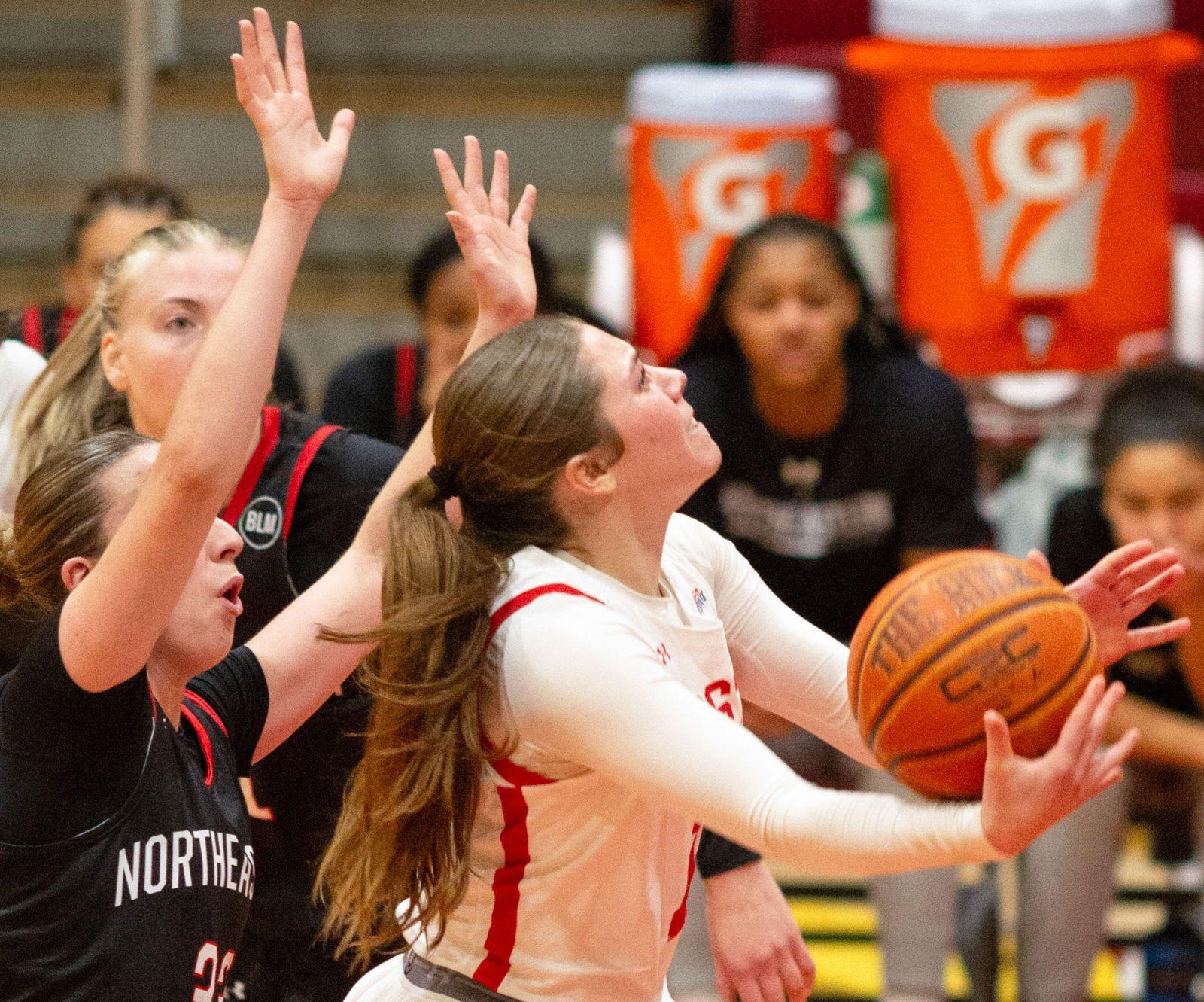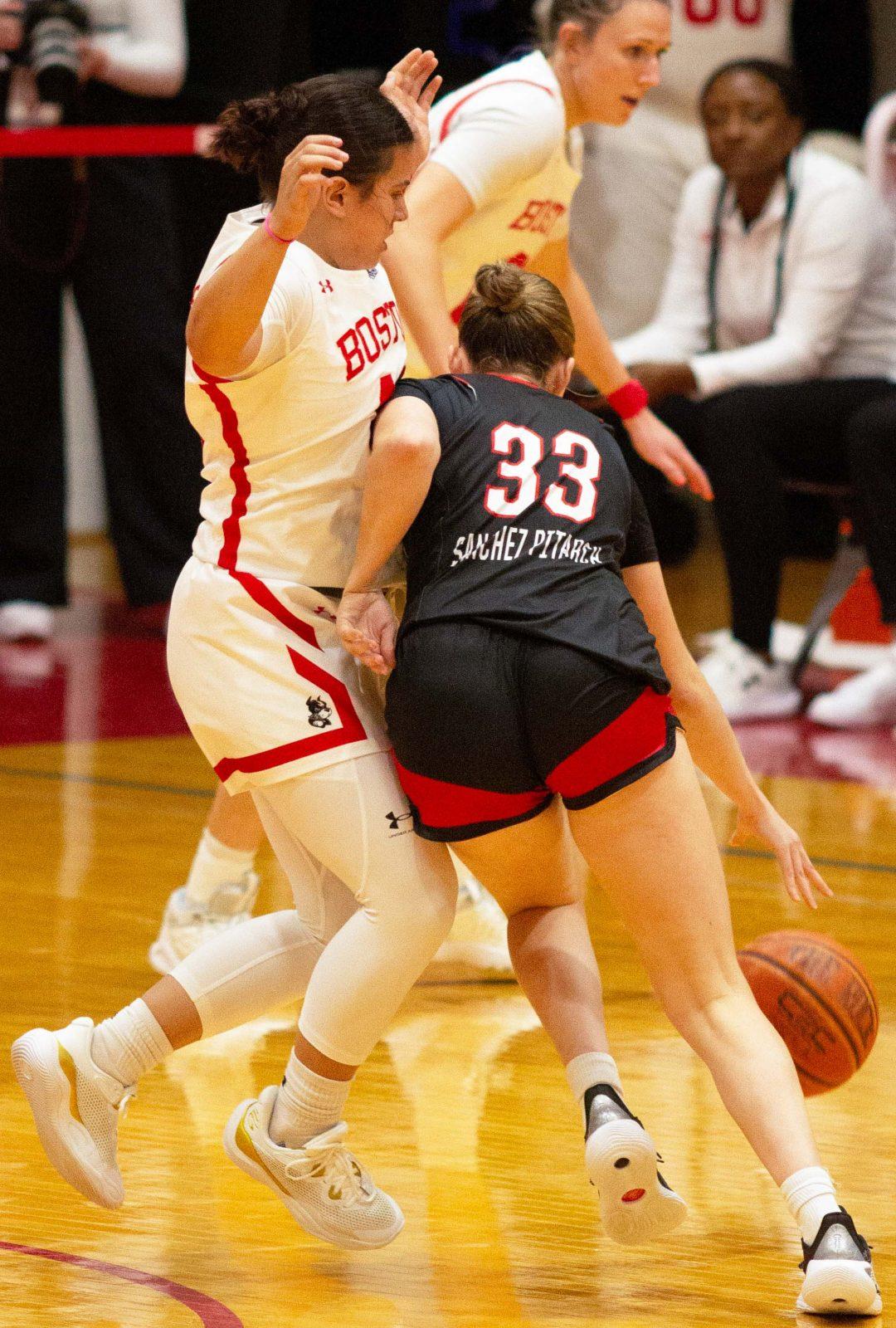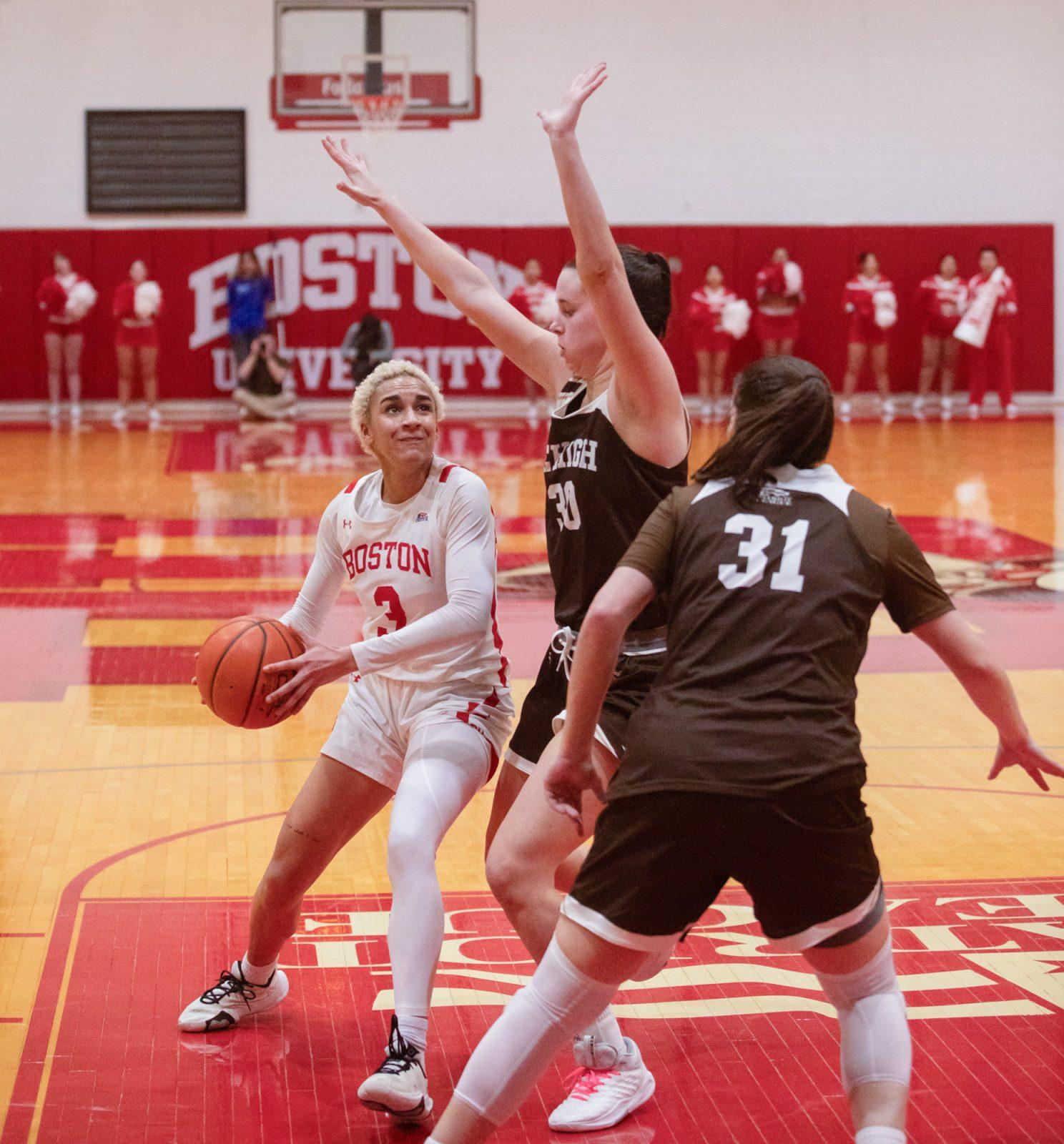We’ve gotten to the point in the college football season when NFL draft pundits begin to make mock drafts, and it’s an annoying time. Guys such as Mel Kiper Jr. saturate our heads with their ideas about where players could end up once the draft is over.
Ideally, teams draft out of need. You won’t see the Green Bay Packers draft a potentially starting quarterback when they have Aaron Rodgers signed through 2019. On the other hand, a team like the Jacksonville Jaguars (who have not had a decent quarterback since David Garrard in 2009-10), is more inclined to end up drafting a quarterback.
I am not going to try and make my own mock draft. There are far too many of those. What I would like to do is treat the NFL draft like a fantasy draft. If you’ve got to start with an empty roster, who’s the best prospect? Who’s the one player that you want to be your franchise cornerstone, the one you build around?
University of South Carolina defensive end Jedeveon Clowney and University of Louisville quarterback Teddy Bridgewater are the consensus top two picks in the 2014 NFL draft in some order. Before the season, Clowney was the undisputed No. 1 pick, as well as a frontrunner for the Heisman. His combination of size (6-6, 274 lbs.) and speed (4.6 seconds in the 40-yard dash) is unrivaled in the college ranks. However, a slow start to the 2013-14 season dashed Clowney’s Heisman chances, and as a consequence had many question his commitment and drive.
Bridgewater has enjoyed an amazing start to the 2013-14 season. The junior has thrown for over 2,500 yards, 23 touchdowns and two interceptions. Louisville stands at 7-1. According to various NFL reports, had Bridgewater been eligible for the 2013 draft, he would have been the first quarterback chosen.
Statistics aside, which would you rather have? Remember, we’re doing this from the standpoint of a fantasy football team. Do you want a field general like Bridgewater first, surround him with competent receivers, and run teams off the field? Or would you want Clowney, a defensive force who can stop the ball when teamed with a solid secondary?
To properly answer this question, we’ve got to look at a little history. Since 2000, a quarterback has been the No. 1 pick in the NFL draft ten times. Half of those ten (Michael Vick, Eli Manning, Carson Palmer, Cam Newton and Andrew Luck) have been voted to the Pro Bowl. Three more (Alex Smith, Matthew Stafford and Sam Bradford) are competent quarterbacks. And the last two (David Carr and JaMarcus Russell) are busts.
On the other hand, just two defensive ends have been drafted No. 1 overall in the same time frame. One of them (Mario Williams) is an unquestionable star. He was drafted in front of USC’s star Reggie Bush in 2006. The so-called “experts” scorned the Houston Texans for drafting Williams ahead of Bush, but Williams has had a far better career. The other end drafted number one, Courtney Brown in 2000, was out of the NFL by 2005.
So there’s definitely a difference in sample size. It’s unwise to compare draft results from the earlier days of the game, because of how much the game has changed into a wide-open, air-it-out league. But going on the numbers since 2000, quarterbacks have an 80 percent “success” rate, as only two quarterbacks can be described as sub-par from the group of ten. The defensive end success rate (small sample size alert!) is 50 percent.
It’s difficult to apply these rates of success to players like Jadeveon Clowney and Teddy Bridgewater. In Clowney’s case, it’s difficult because he is unlike any defensive end that we’ve seen before. If you follow college football at all, you’ve seen The Hit. During the Outback Bowl in 2013, Clowney burst into the University of Michigan backfield and hit running back Vincent Smith with fantastic force, knocking off Smith’s helmet and forcing a fumble. In that one play, Clowney showcased all he had to offer: speed, power and strength.
Bridgewater, on the other hand, fits many teams’ prototype of an NFL quarterback. He’s got the height (6-foot-3), the arm strength and the leadership that’s necessary for NFL success. Bridgewater’s greatest asset is his accuracy, a skill that normally translates well from college to the NFL.
This debate comes down to one question: would you rather go with a known quality or an enigma? We’ve seen quarterbacks like Teddy Bridgewater before. We haven’t seen a defensive end like Jadeveon Clowney. Bridgewater seems to be a safer pick. But Clowney might have more upside. “Upside” is a well-used term among draft pundits. It suggests that the prospect is risk-reward, someone who could end up as a spectacular player or as a spectacular bust. But I don’t think that’s fair to apply to Jadeveon Clowney, because I see no risk with drafting him at number one.
A conclusion I have come to is that the replacement factor has to be in play. Teddy Bridgewater is a great quarterback. But there are plenty of other talented quarterbacks eligible for the draft this year, any of which could be good NFL players, with indivduals like Johnny Manziel, Marcus Mariota and Tajh Boyd coming to mind. But there’s not a single defensive end that even approaches Jadeveon Clowney on the draft board this year. I think, in a vacuum, Clowney is the better prospect. And not only that, but I think he’s unique in terms of skill set. He should go number one overall in the 2014 NFL draft.




























































































































